Top 10 Olympic Hockey Moments
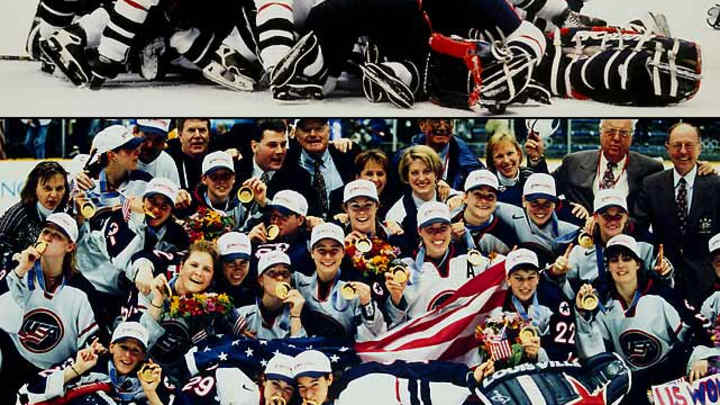
Top 10 Olympic Hockey Moments
U.S. Women's Hockey Team wins gold in Nagano

In 1998, the U.S. men's team disgraced itself by busting up a dorm in the Olympic Village after failing to medal, but the women's squad delivered some honor and redemption by winning America's first gold in hockey since the 1980 Miracle On Ice. Led by forward Cammi Granato, defender Angela Ruggiero, and goaltender Sarah Tueting, the U.S. rolled to gold while outscoring foes by a combined 36-8 and beating archrival Canada twice in four days as women's hockey made its Olympic debut.
Great Britain wins gold
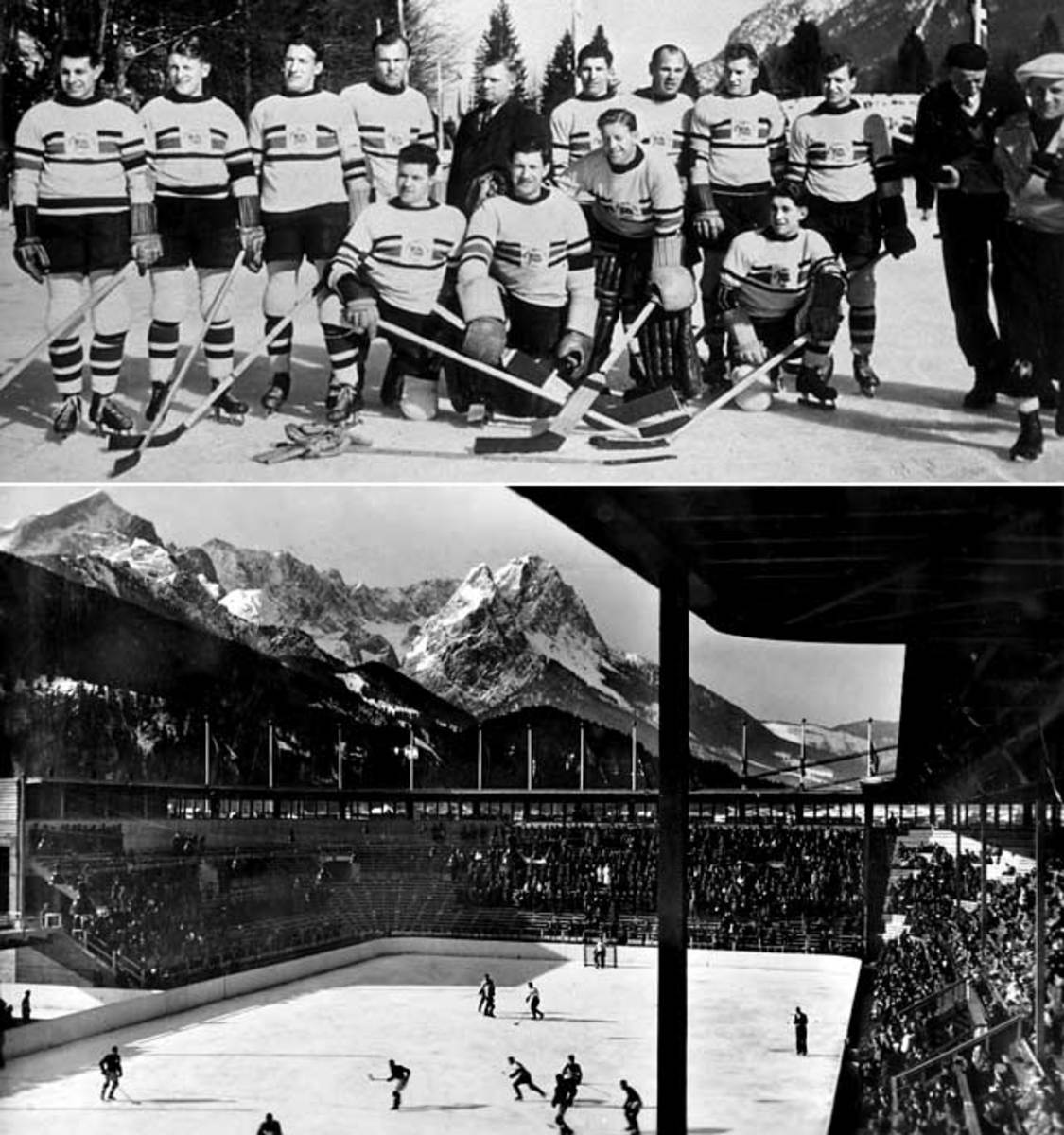
Icing a 12-man squad comprised primarily of Canadian-raised and trained players, the Lions earned a controversial gold by going 5-1-1 at the 1936 Garmisch-Partenkirchen Games. Goalie Jimmy Foster, a two-time Allan Cup-winner with the Moncton Hawks, allowed just three goals in seven games as the Brits played the US to a scoreless tie then stunned the Canucks 2-1. A 5-0 win over the Czechs in the finale sealed the country's first, and only, major hockey title.
Soviet dominance begins
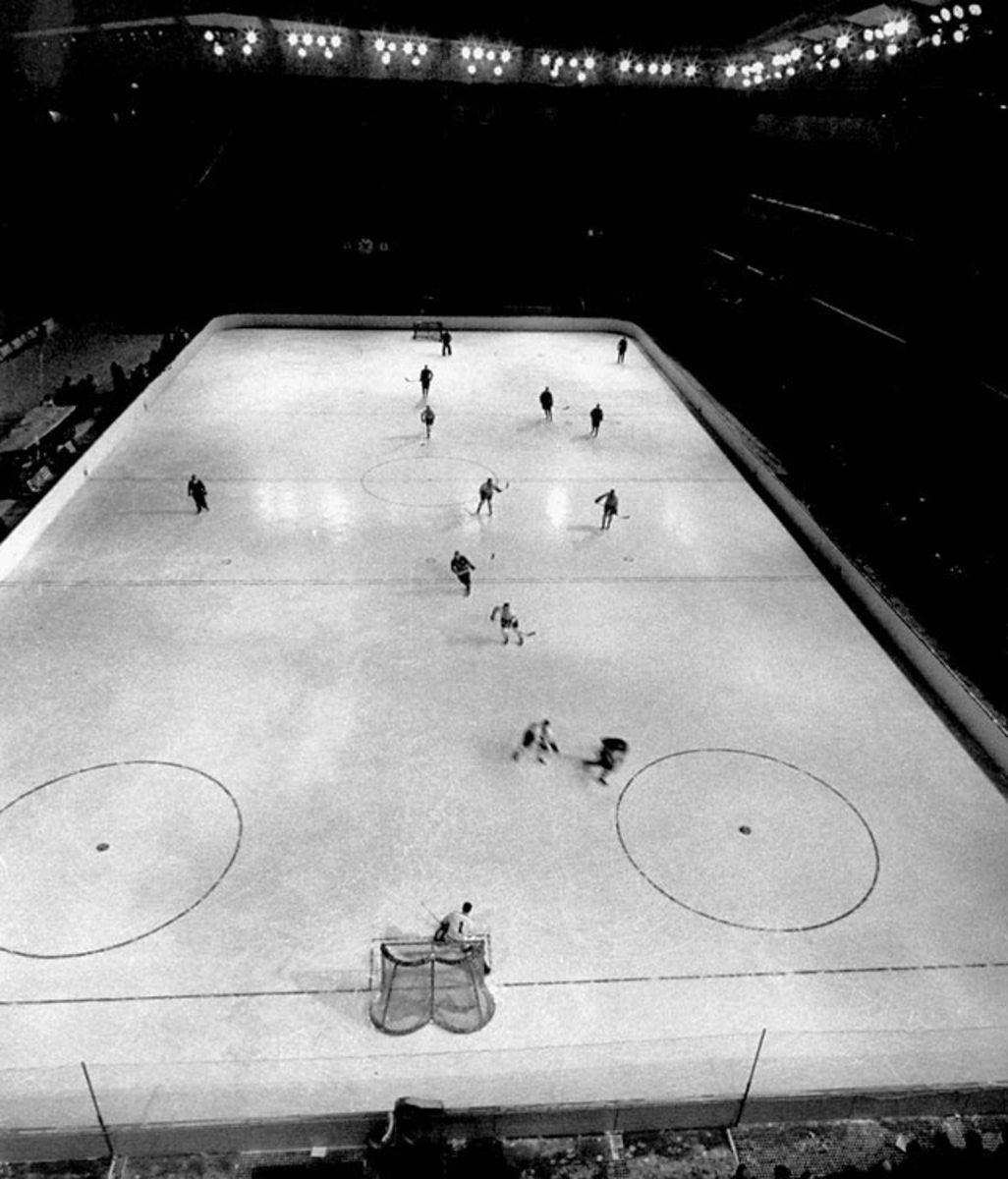
While the Canadians built a stranglehold on Olympic gold, winning six of the first seven tournaments, the Soviets patiently built their program. Joining the IIHF in 1952, they managed their first World Championship just two years later, but it was at Cortina in 1956 that the Russian Bear truly emerged. They swamped the Swedes 5-1 in the opener and blanked the Yanks 4-0. But it was a 2-0 upset of the Canadians (despite being outshot 23-9) that confirmed their arrival. The Soviets went 7-0 to capture gold, the first in a stretch that saw them earn seven of nine championships.
Canada wins gold in Salt Lake City
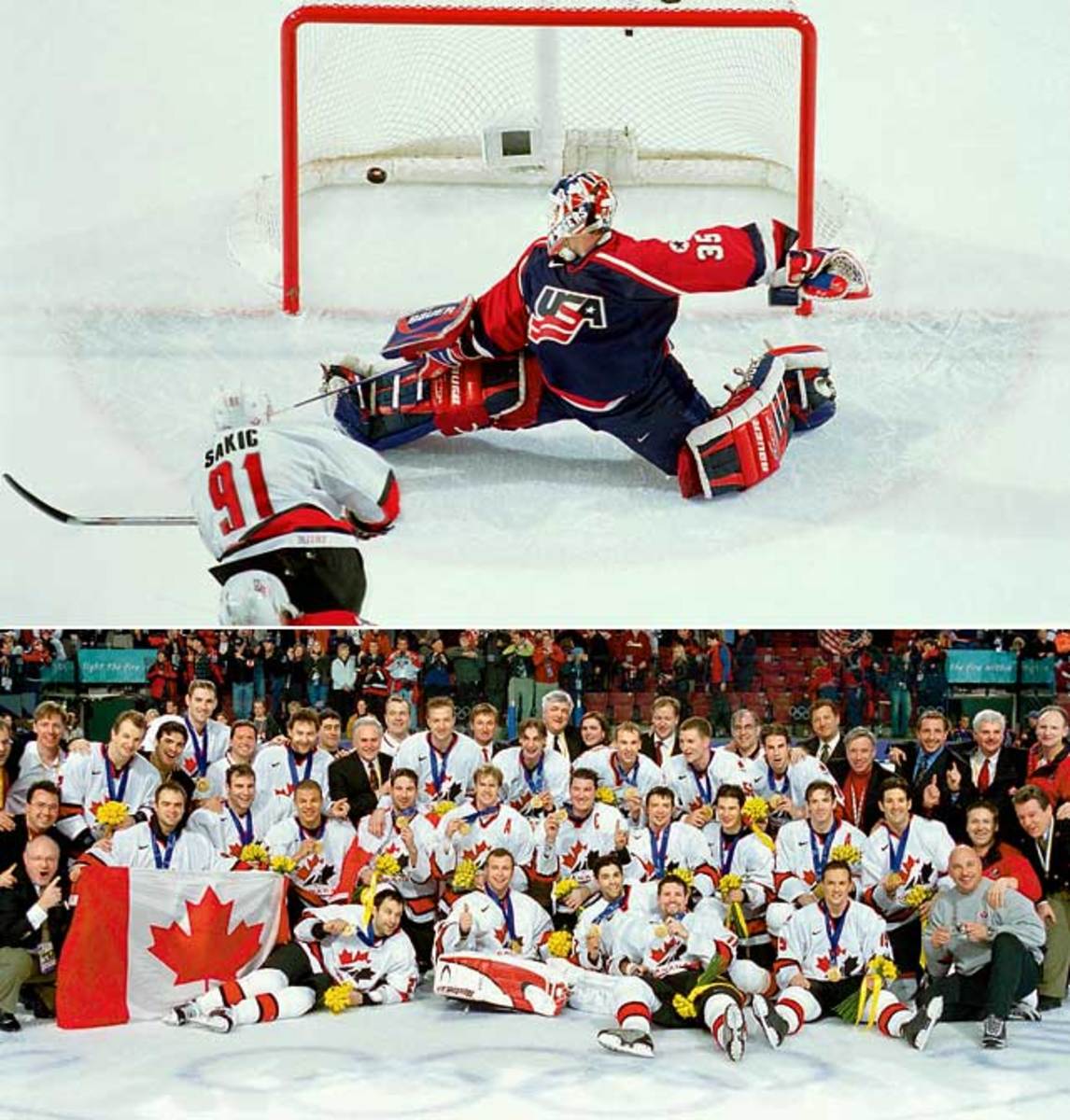
It's not how you start in a short tournament. It's how you finish. The 2002 Canadians were brutal in an opening loss to the Swedes, barely escaped with a win over the Germans, and needed a goal in the dying minutes to tie the Czechs. But after an inspirational speech from GM Wayne Gretzky, the troops circled the wagons and came up with their three best performances in the medal round. Their 5-2 win over the Americans in the finale ended a 50-year stretch of gold medal futility.
Dominik Hasek blanks Canada
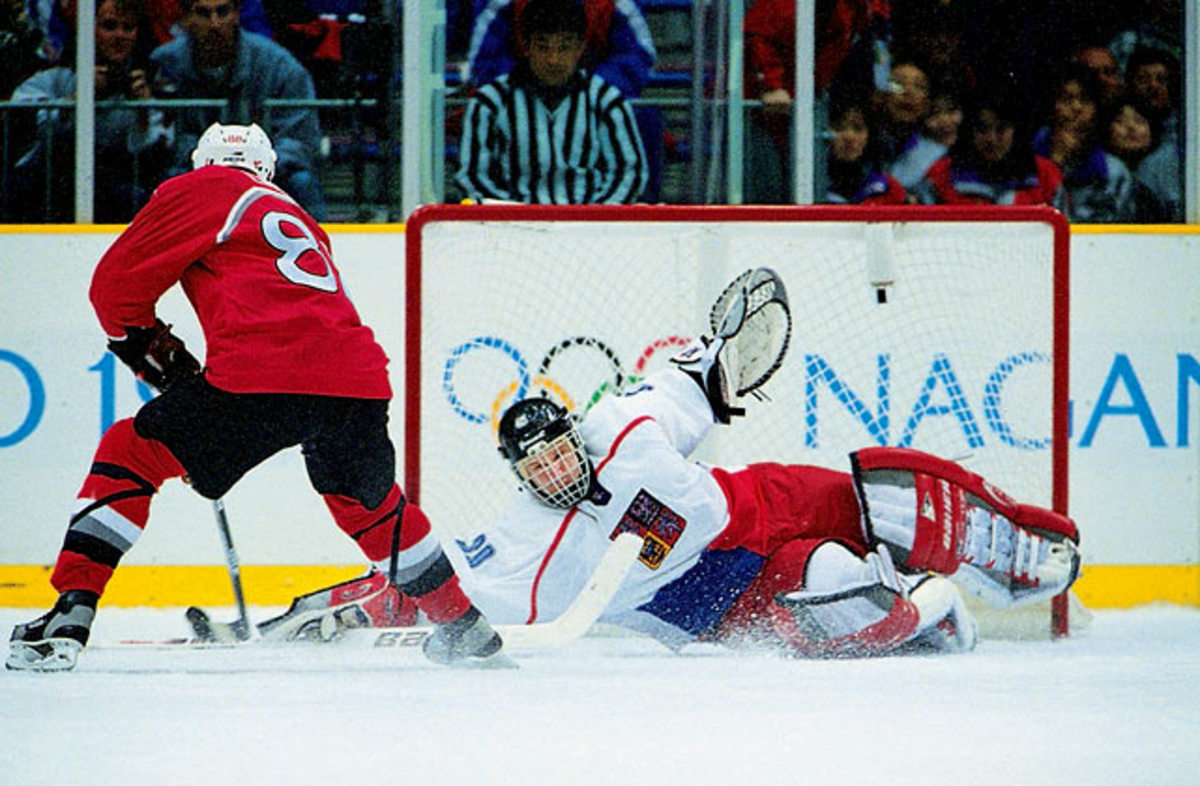
The underdog Czechs weren't the best team entered in the 1998 Nagano Games, but they had the advantage of dressing the best player. The Dominator allowed just six goals in six tournament games, including a 1-0 blanking of Russia in the gold medal match. His flawless shootout performance against the favored Canadians in the semis sealed his reputation as the game's most intimidating presence. After Robert Reichel beat Patrick Roy on the first attempt of the shootout, Hasek stoned all five shooters, four of whom went wide trying to find the hole that didn't exist in his Olympic armor.
Canada vs. USA 3OT
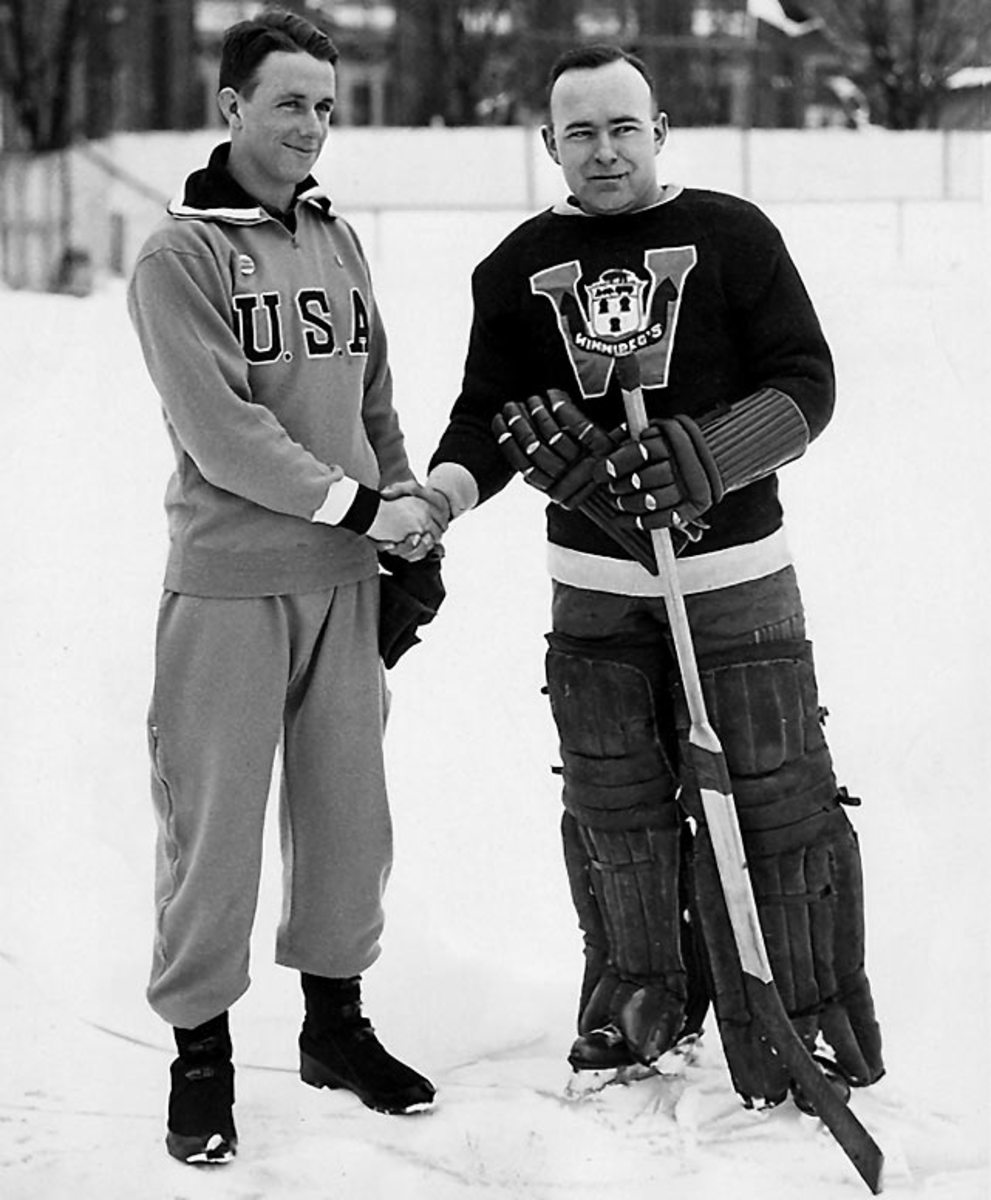
Trying to make the most of their home ice advantage, the Americans scheduled the games at the 1932 Lake Placid tournament for an outdoor rink, the better to nullify the skill advantage of the powerful Canadian squad. It nearly worked in the opener, with the Canucks needing double OT to eke out a 2-1 win. But when the two sides met again in the decisive match with the U.S. needing a victory, the plan backfired. The teams were deadlocked at 2-2 after regulation and played three scoreless overtimes before the game was called because of darkness. The tie gave the Canadians the gold by virtue of their better tournament record.
Peter Forsberg's golden goal
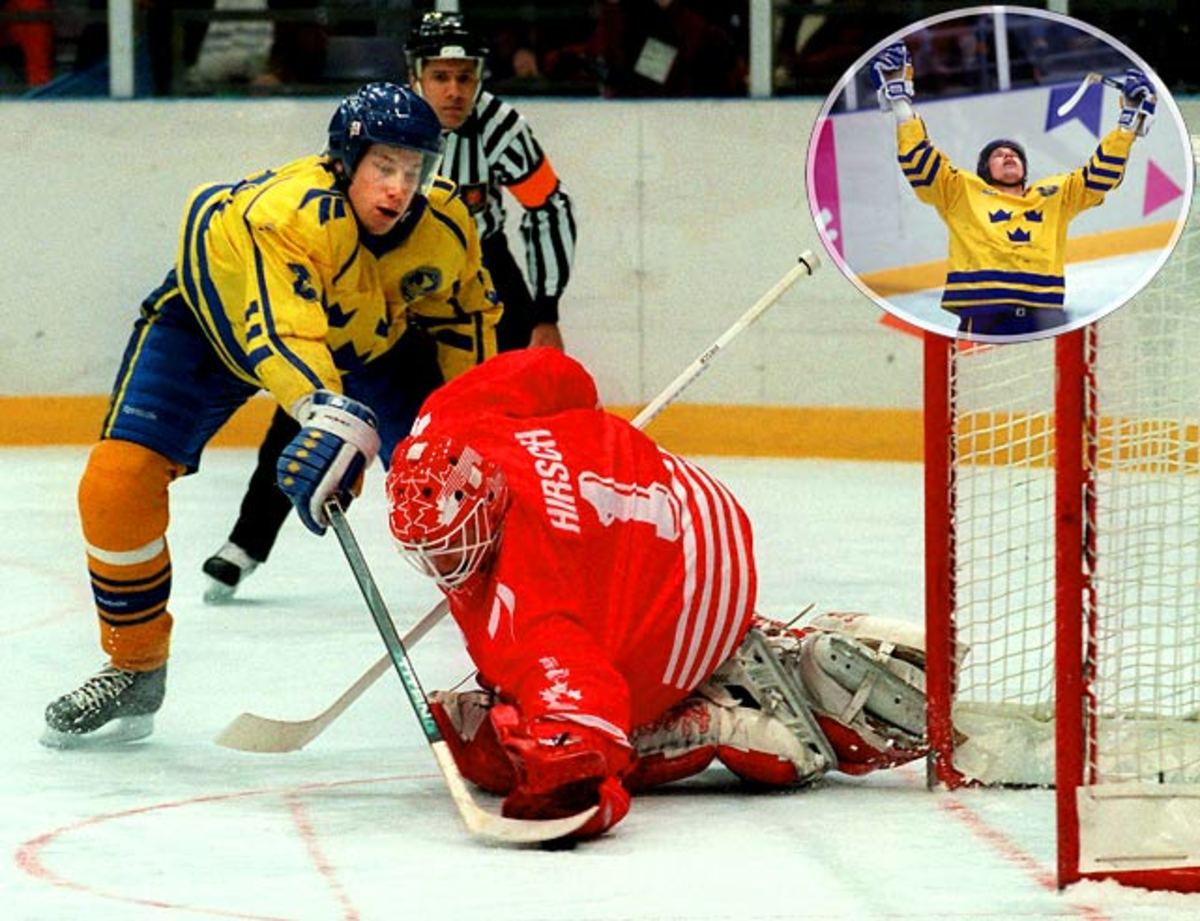
It was the move that inspired a postage stamp, spawned a thousand imitators and sent Corey Hirsch's jock flying into the fifth row. Arguably the most dramatic goal in Olympic history, Forsberg's stunning cross-body feint in the seventh round of the 1994 shootout shattered the hearts of Canadians and carried Sweden to its first Olympic gold medal. While the deke has come to be known as the Forsberg, he credits its innovation to Kent Nilsson, who used it to beat John Vanbiesbrouck of Team USA at the 1989 World Championships.
Belarus upsets Sweden
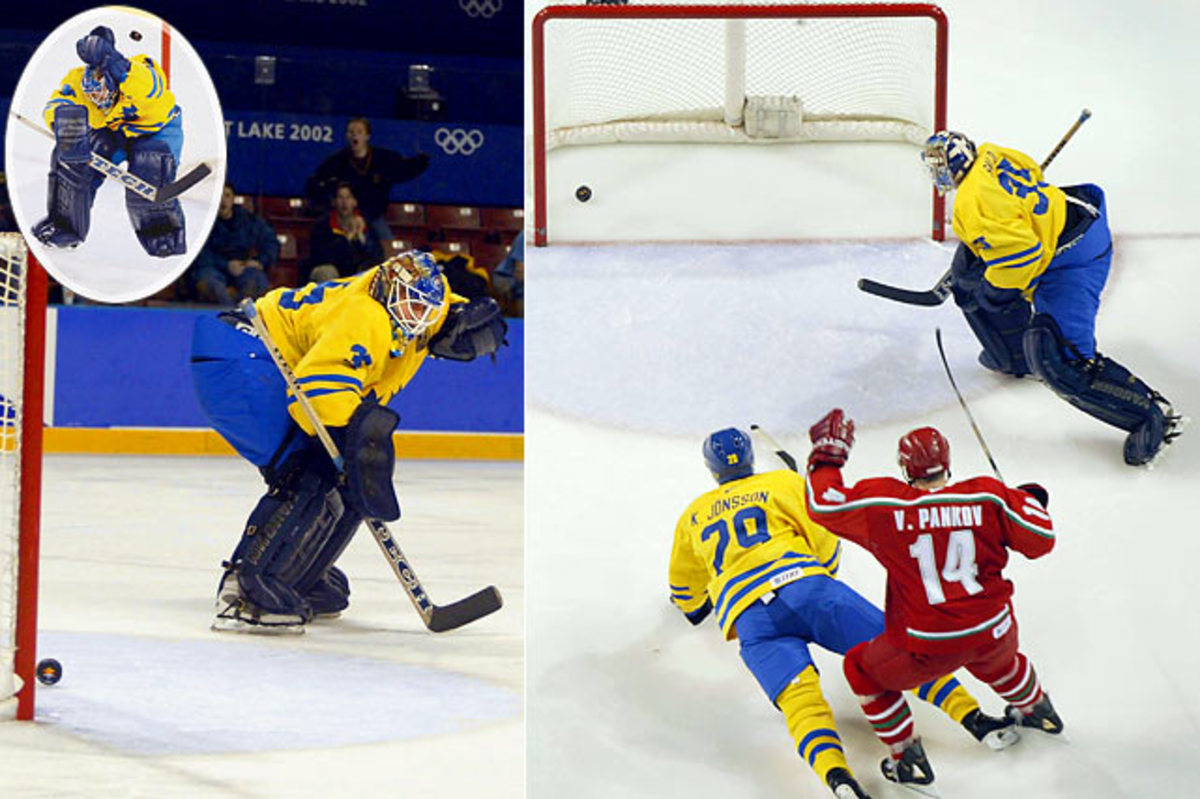
The defensive-minded Vladimir Kopat didn't light the lamp often in his lengthy career, but he scored one that everybody remembers: a 70-foot slap shot that bounced off the head of a flinching Salo and into the Swedish net, clinching a 4-3 win for Belarus and eliminating the favored Swedes from the 2002 Salt Lake City Games. The goal effectively ended Salo's career and capped an upset that ranks right below the Miracle on Ice as perhaps the greatest in Olympic hockey history.
The Original Miracle on Ice
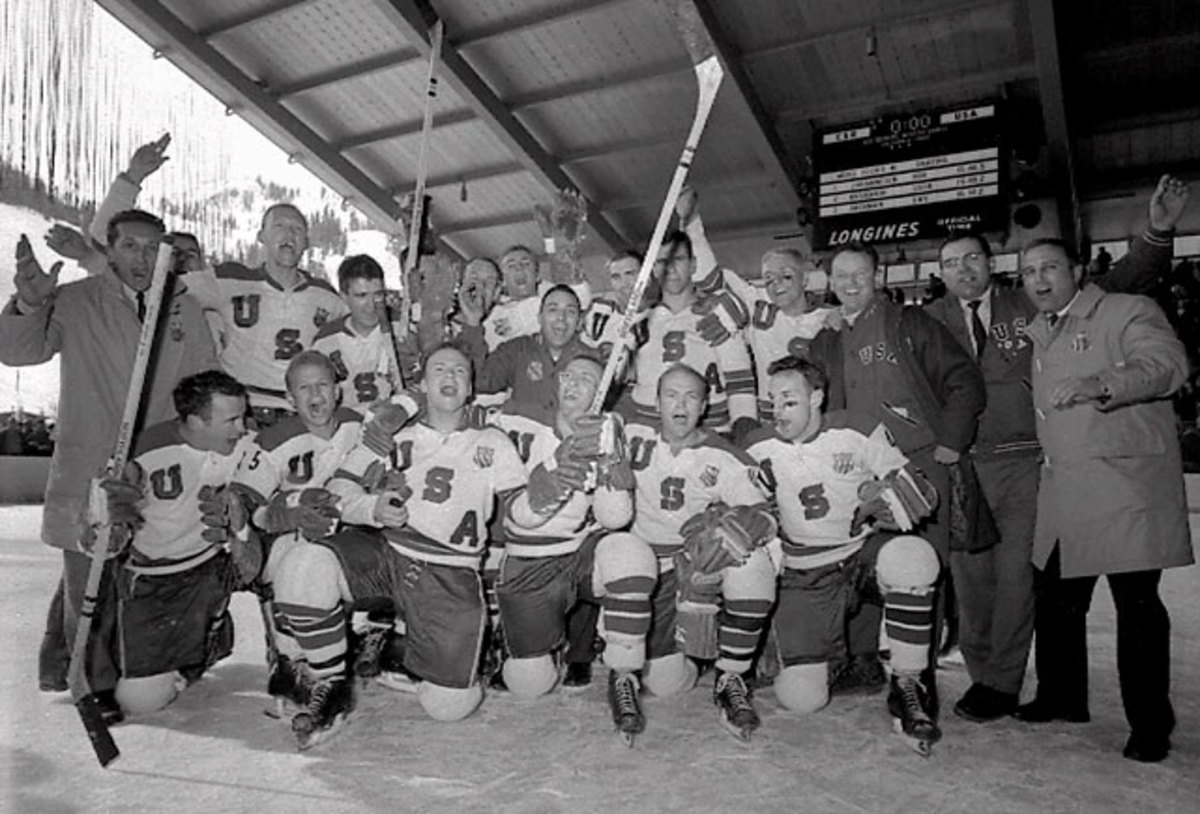
The names of Jack McCartan, Billy Christian and Billy Cleary might not resonate like those of Mike Eruzione, Jim Craig and Mark Johnson, but the heroes of the 1960 American squad crafted a result at Squaw Valley as miraculous as the one that would follow 20 years later. Cobbled together from a small group of college grads overlooked by the NHL by virtue of their American birth, the lightly regarded squad pulled off stunning upsets of the Canadians, Russians and Czechs to claim gold.
The Miracle on Ice
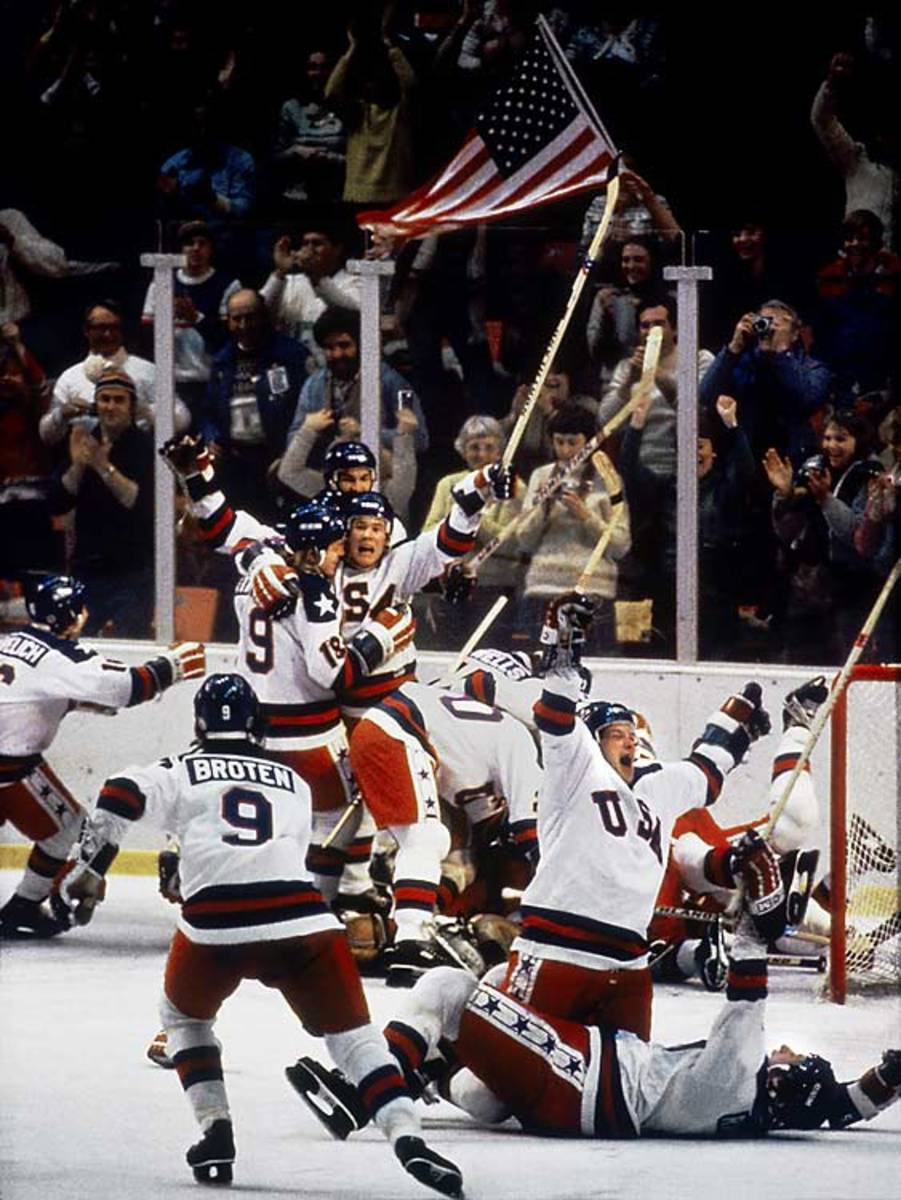
Thirty years later, it remains hockey's ultimate lottery moment. The one night in a hundred, a thousand, a million that everything came together for a group of wildly overmatched college kids against the best hockey team in the world. Retrospectives often couch the game in terms of the social and political implications of the era. That's fluff for the masses. Hockey fans recognize this for what it was: the perfect realization of an age-old motto: will over skill.
